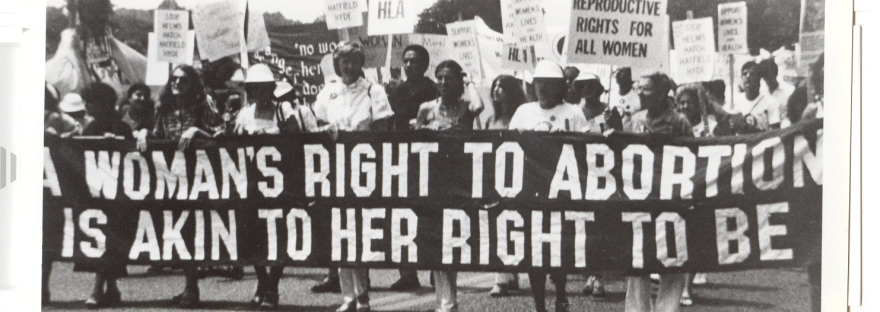Written by Jenna Smith

Earlier last year, I wrote a research paper on what abortion does to a woman. I have been a staunch pro-life advocate as long as I can remember, but even so the content I discovered was so unsettling and alarming that I believe I need to share what I found in the next two or three posts. Please let me know your thoughts, disagreements or questions in the comments.
More than 117 million females worldwide have lost their lives due to sex-selective abortions. Today’s choice to slaughter pre-born children is considered by many a sacred rite for their mothers; a right which, if taken away, would lead to human rights abuses of epic proportions—or so abortion proponents claim. If the abortion industry were truly about helping women in need, they would be alarmed by the data that demonstrates how breast cancer and deteriorating mental health rates have jumped in the decades after the 1973 Roe v. Wade decision was handed down by the U.S. Supreme Court (SCOTUS); they would be warning women about these physical and mental consequences.
If a woman’s right to reproductive healthcare is based upon her ability to make completely informed choices—it necessitates the right to be appraised of the significantly increased medical, emotional and psychological risks linked to abortions.
When a woman is considering abortion, what she is told about the procedure’s aftermath is generic, incomplete—and some of it—is entirely false. Planned Parenthood, the largest abortion provider in the United States, has an article on their website titled: “What facts about abortion do I need to know?” The article claims abortion does not increase a woman’s risk of breast cancer, does not increase rates of depression, and does not increase the likelihood of mental illness; yet, as the largest facilitator of abortion in the world, Planned Parenthood should be held responsible for ensuring the reporting of scientifically verified facts rather than propaganda disguised as medical information.
Medical science suggests Planned Parenthood’s assertions are not entirely true. PP is not being completely honest; they are choosing profit over the women they claim to serve and are willfully ignoring the risk factors associated with their specialty procedure. In fact, termination of pregnancy is medically linked to the high rates of breast cancer worldwide; medical studies also reveal that women who had undergone abortion procedures experienced an 81% increase in mental health issues (including depression).
Also, according to Planned Parenthood, 1 out of 4 women in America will have an abortion by the time they are 45. Approximately 165 million women live in the United States; that means 41,250,000 women have had an abortion in the United States alone: that translates to over 41 million American women making life-impacting choices without full access to accurate and thorough information on potential consequences—over 41 million American women choosing increased risk of breast cancer, depression, and other mental health issues…because their abortion provider has assured them this is not true.
